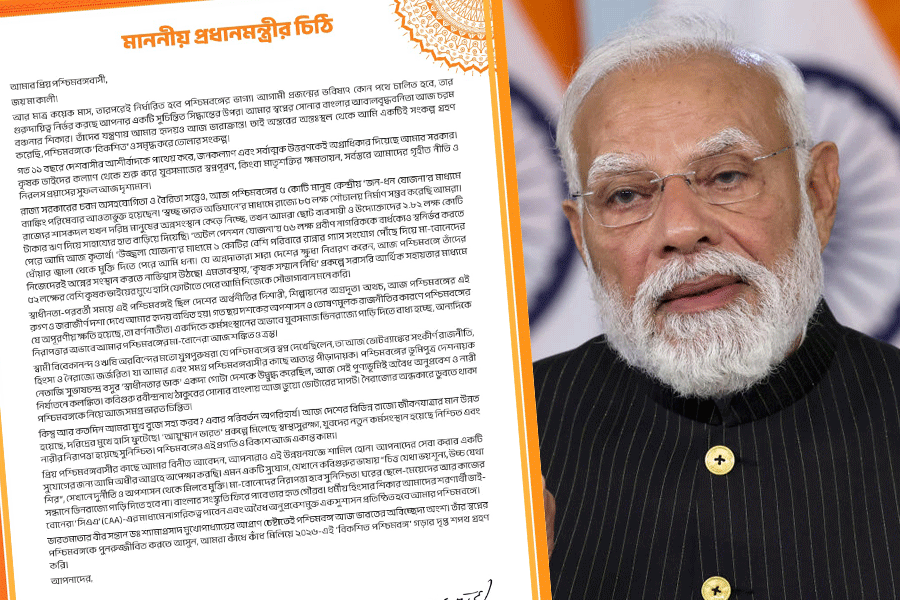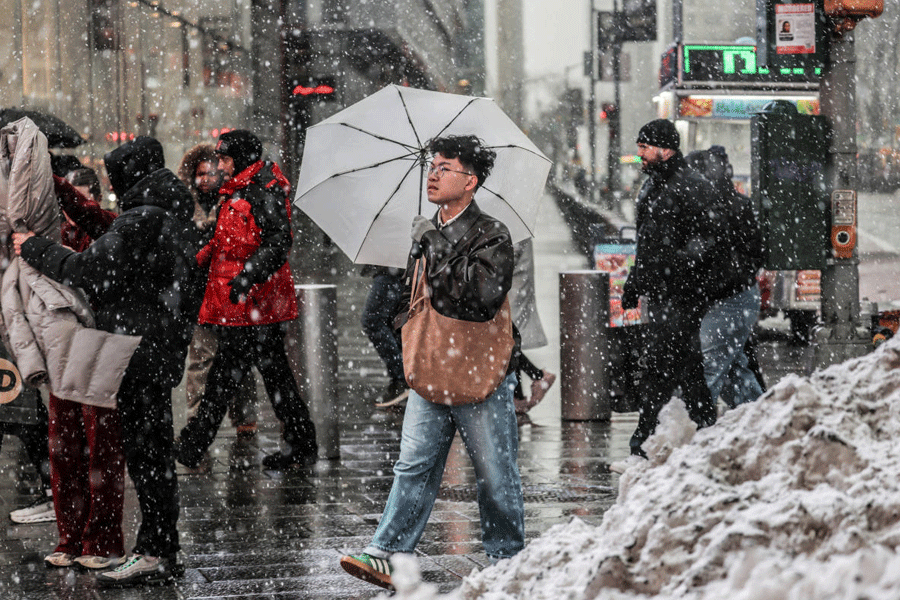The Supreme Court has warned police across the country to strictly abide by the statutory and mandatory guidelines before and at the time of arrest, saying there should be “zero tolerance” for any form of excesses, failing which necessary action would be taken against the erring cops.
The court issued a fresh ultimatum to police personnel of all states and Union Territories to strictly abide by the rules prescribed under the CrPC/BNSS 2023, including following the “checklist” prescribed under Section 41(1)(b)(ii) of the Code of Criminal Procedure (Section 36 BNSS), besides mandatory norms like informing a judicial magistrate and senior police officers about the arrest of a person.
The checklist includes: every police officer making an arrest must bear an accurate, visible and clear identification of his nameplate; prepare a memorandum of arrest which shall be attested by at least one witness who is a member of the arrested person’s family; a countersign by the arrested person; and in cases where no family member is available at the time of arrest, the person arrested has a right to have friend or family member informed about the action.
A bench of Justice Ahsanuddin Amanullah and Justice Prashant Kumar Mishra passed the order while disposing of a petition filed by Vijay Pal Yadav who alleged illegal arrest and torture by Haryana police following a dispute with his neighbours.
The bench, which had summoned the state director-general of police to be present before the court over the incident, cited observations from the apex court’s earlier judgment in the Somnath vs State of Maharashtra (2023) case wherein it was observed: “It is sad that even today, this court is forced to restate the principles and directions in D.K. Basu (supra). Before D.K. Basu, this court had expressed its concern as to how best to safeguard the dignity of the individual and balance the same with interests of the state or investigative agency.
“…This court noted that police officers are to exhibit greatest regard for personal liberty of citizens… As such, there will be a general direction to the police forces in all states and Union Territories as also all agencies endowed with the power of arrest and custody to scrupulously adhere to all constitutional and statutory safeguards and the additional guidelines laid down by this court when a person is arrested by them and/or remanded to their custody.”
Citing the observations, the Supreme Court said on Wednesday: “Registry shall mark a copy of this order and the judgment in Somnath (supra) to the directors-general of police of all the states and Union Territories, including the commissioner of police for the National Capital Territory of Delhi, as a reminder to strictly adhere to all safeguards available to persons under custody.”
The bench observed: “Having heard learned counsel for the parties and having perused the materials placed on record, we find that there appears to be evident high-handedness on the part of the police in this case. Even if a person may be a ‘criminal’, the law requires that he be treated in accordance therewith. Even a ‘criminal’, under the law of our land, enjoys certain safeguards to ensure protection of his person and dignity.
“In this case, the petitioner, when picked up by the police, was at best an accused. It is possible to state that a common man can be expected to exceed his limits (whereafter appropriate action in law shall ensue), but not the police....”











